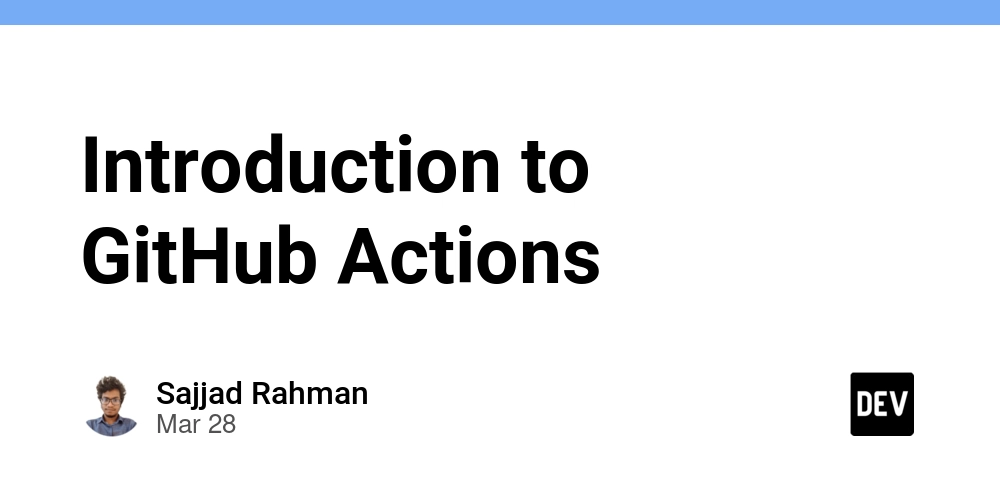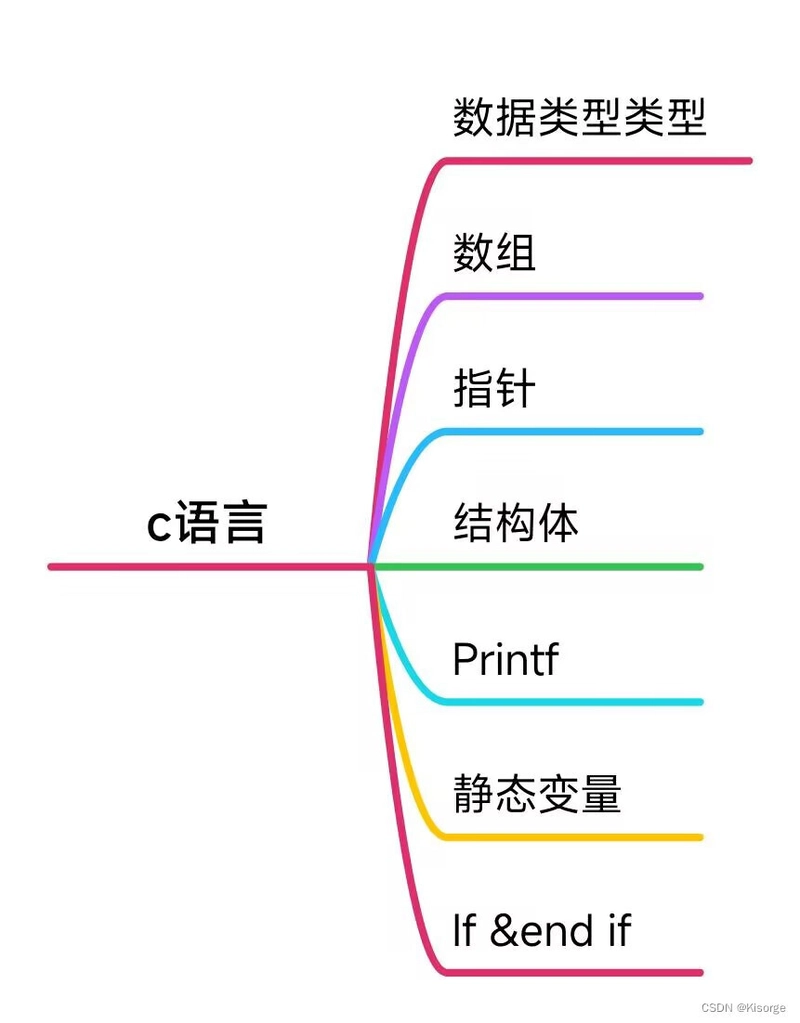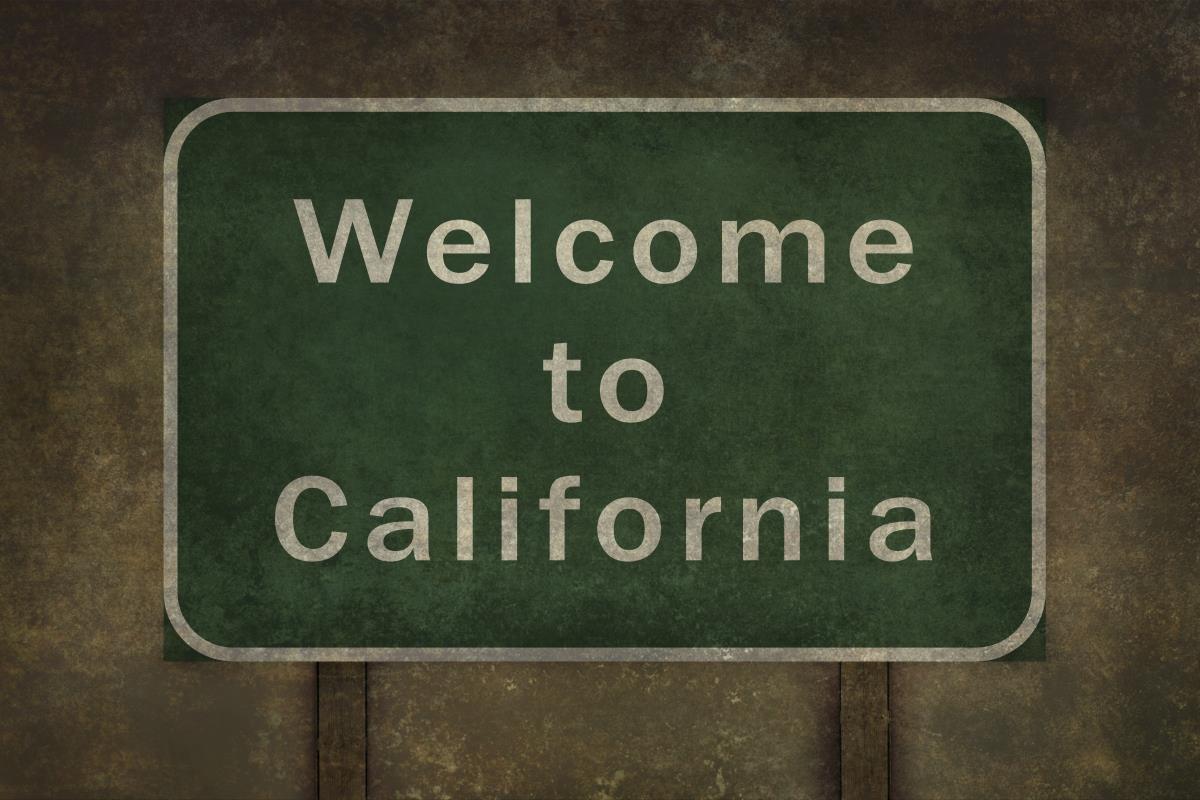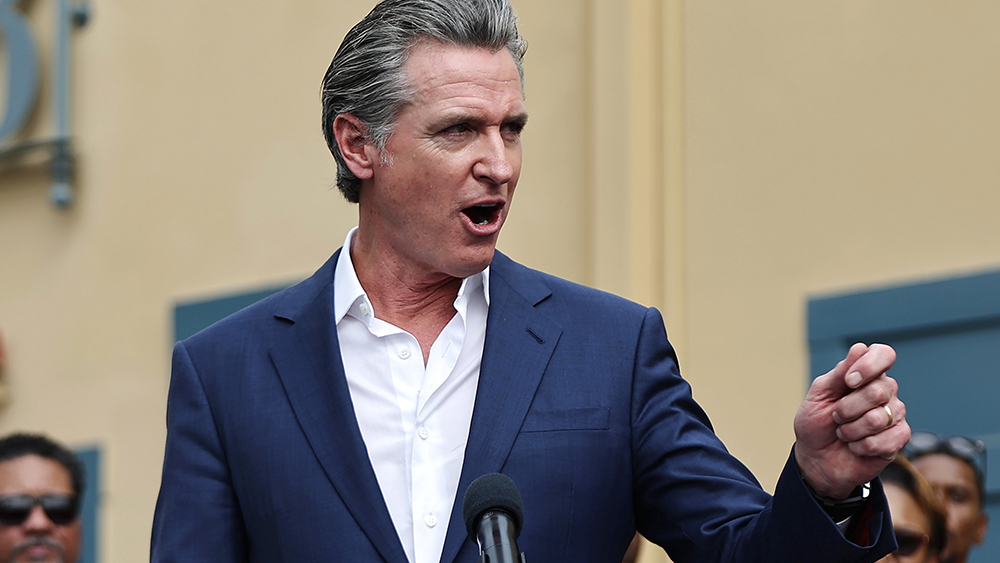Silencing America’s voice overseas undermines national security
The U.S. Agency for Global Media journalists’ deep relationship with their markets means they were the canaries in the coal mine.

Last Friday, the U.S. decided it no longer needed a voice to counter disinformation, correct misinformation and fill information gaps in regions suffering extreme censorship or lacking competent local journalism.
This gift to Russia, China and Iran — and that’s what this is, a gift — allows these countries to ply lies and deception unfettered to establish their spheres of influence and turn people against the U.S. and its interests, society and future.
Moscow is undoubtedly pleased with the silencing of Voice of America and Radio Free Europe-Radio Liberty in Russia and in Moscow’s imperial territories, which Moscow has subjugated and is trying to subjugate. Smiles are indeed not just in Moscow — with laughter at the headquarters of RT, formerly Russia Today — but also in Budapest.
Beijing is also undoubtedly pleased to be rid of the meddling Voice of America and Radio Free Asia, which informed Chinese citizens about what their government did — and, sometimes more importantly, did not do — and the truths about China’s regional and global foreign affairs.
These networks, equally importantly, informed people outside of China about what China was doing, what those loans really entailed and how it undermined governments and societies to extract raw materials or pay poachers to slaughter endangered animals. Indeed, this will ease tension with any U.S. carmaker with a significant business portfolio in the country.
Pyongyang will be thrilled about Radio Free Asia’s demise. I don’t know if it was still seeding North Korean black markets with South Korean and U.S. content and the hardware to connect abroad, but if it was, it isn’t any longer.
However, the U.S. Agency for Global Media did much more than send electrons abroad.
Through its five networks — Voice of America, Radio Free Europe-Radio Liberty, Radio Free Asia, the Office of Cuba Broadcasting and the Middle East Broadcasting Networks — and its internet freedom operation, it worked to build and empower local journalism.
Its Open Technology Fund funded the development of Signal and other tools to protect the freedom to speak and to listen. The networks helped citizen journalists share their stories and work toward creating a local understanding of foundational democratic principles, such as the rule of law and accountability.
The networks also served as surrogate news organizations for their audiences. When there was some capacity for local news but a lack of reach, U.S. Agency for Global Media journalists could be called on to be the Washington Bureau or report from the field in Ukraine to undermine the disinformation that would otherwise fill the void.
The networks told “America’s story” not just to correct disinformation and misinformation but to discuss alternative futures for audiences living under repressive regimes. The stories may seem about us, but they were aimed squarely at the audience.
Voice of America’s Russian service, for example, reported on Detroit’s bankruptcy in St. Petersburg to show that municipal leaders can be held accountable for malfeasance. Its coverage of the Ferguson protests offered a glimpse into how U.S. journalists cover sensitive events, something that audiences in some countries might find unimaginable in their context.
The real objective, however, was fostering discussions about comparable challenges within those audiences’ societies, where ethnic and racial biases often escalated into significant conflict.
The U.S. Agency for Global Media operated in places where commercial media did not, by definition. The commercial press may parachute in, but the agency’s journalists were from these places and lived there.
What were these places? My shorthand description is that these are countries where the U.S. Special Operations Command will be, has been, or recently was.
The U.S. Agency for Global Media journalists’ deep relationship with their markets means they were the canaries in the coal mine. They had extensive networks and the pulse of what was happening. They reported on the news from the target audience’s perspective, which is why simply translating U.S. networks and beaming them abroad cannot replace the agency.
Their deep connections to the people and the land meant that U.S. Agency for Global Media journalists could move with relative ease and had the respect of their audiences. For example, Ukrainians asked a Voice of America reporter to moderate its presidential debates.
The nature of the agency’s work means there is often a significant threat to its journalists. Too many of its journalists have been killed in the line of duty — duty to the U.S. and to their audience — and many have been, and some remain, prisoners of countries that abhor the sunlight the U.S. Agency for Global Media brings.
Not everything was rosy with the agency, however. When I served as a governor on the Broadcasting Board of Governors, now the U.S. Agency for Global Media, I encountered and was able to address significant problems, from severe leadership defects to corruption.
Some of these problems weren’t solved, and new ones arose. But none of these were so severe the agency should disappear. Its networks provided a valuable contribution to our national security.
The shutdown appears to be a knee-jerk reaction to a question in the Oval Office, indicated not just by its suddenness but also because the executive order directing the closing — it did not authorize the closing, because an executive order lacks the authority to do so — concludes mid-sentence. The Heritage Foundation’s Project 2025 recommended keeping the agency, the White House nominated a new CEO and Kari Lake was tapped to be the Voice of America director.
The shutdown also appears to be illegal. Terminating the grants to Radio Free Europe-Radio Liberty, Radio Free Asia and Middle East Broadcasting Networks does not seem to adhere to the law, which spells out the termination conditions (something I had seriously considered when I served on the Broadcasting Board of Governors).
Further, it seems the White House, through the Secretary of State, could have legally invoked the sunset clause Congress placed in the Smith-Mundt Act of 1948. But we’ve already seen that laws don’t matter much anymore.
Others will fill the space left by the U.S. Agency for Global Media's sudden disappearance. France’s Radio France Internationale, Radio Netherlands, Deutsche Welle, BBC International, or Japan’s NHK may gain new audiences, but they have their own interests and objectives.
The information operations of China, Russia, Iran and others will eagerly work to build their audience from those who sought the truth from the U.S. Agency for Global Media. The result puts the U.S. at a distinct and growing disadvantage in the enduring struggle for minds and wills.
The administration's departure from the Project 2025 roadmap was likely influenced by disinformation about the agency’s operations. While some criticisms rely on fantastical and demonstrably false claims, the agency’s work is often ignored and misunderstood.
In reality, the U.S. Agency for Global Media is a cost-effective asset, providing a greater range and more enduring impact than a single F-35. Its networks disrupt adversaries and contribute to our national security.
By ending this connection to hundreds of millions and silencing the agency’s journalistic scrutiny of countries impacting our national security, the U.S. has effectively isolated itself.
Matt Armstrong served as a governor on the Broadcasting Board of Governors from 2013-2017 and previously served as the executive director of the Advisory Commission on Public Diplomacy. He was sanctioned by Russia in 2022.












































































